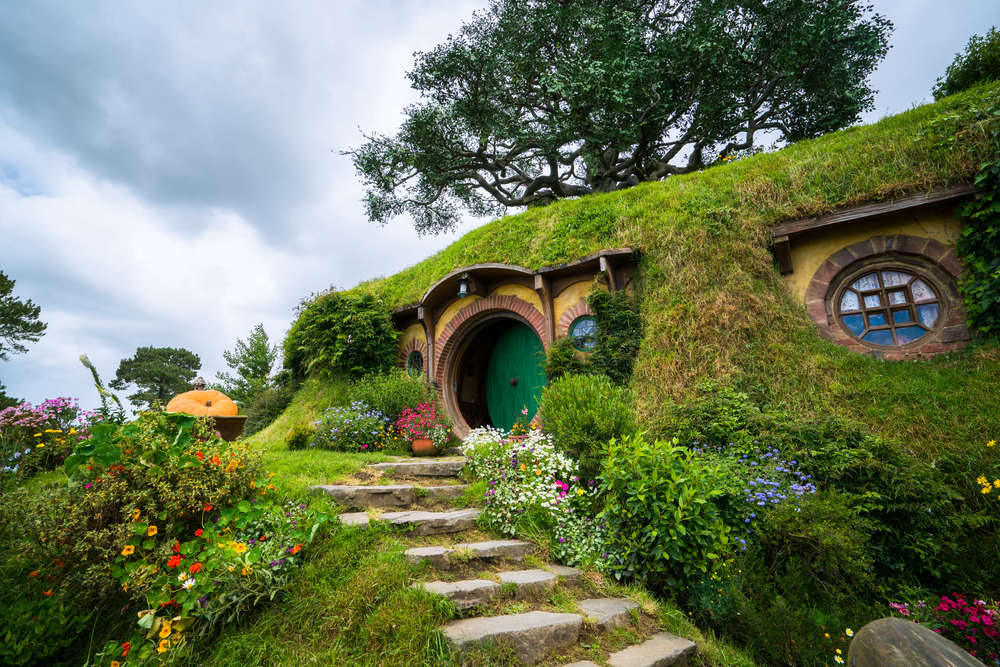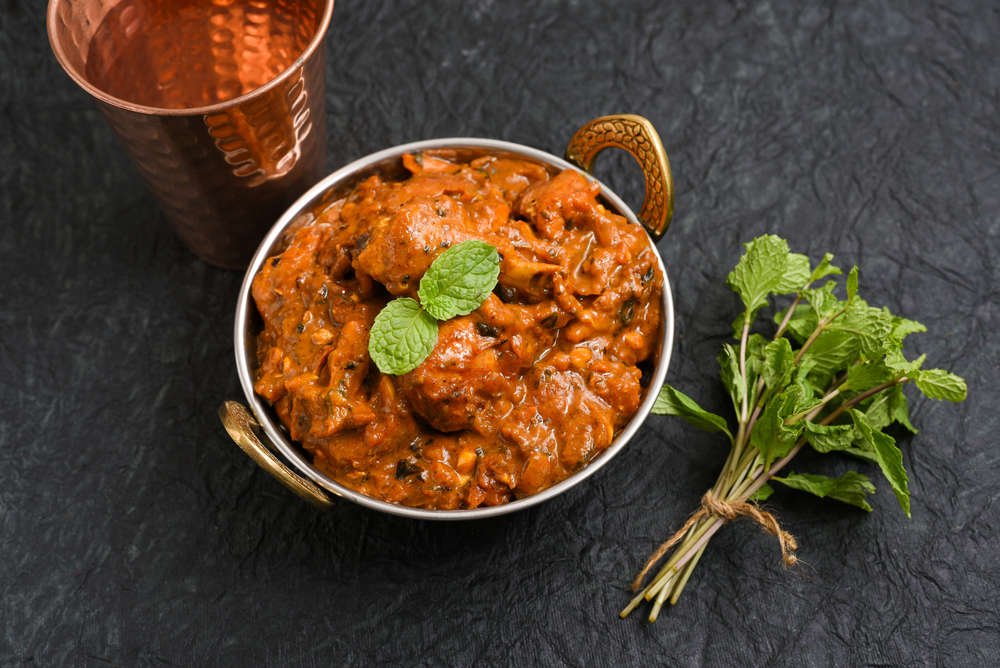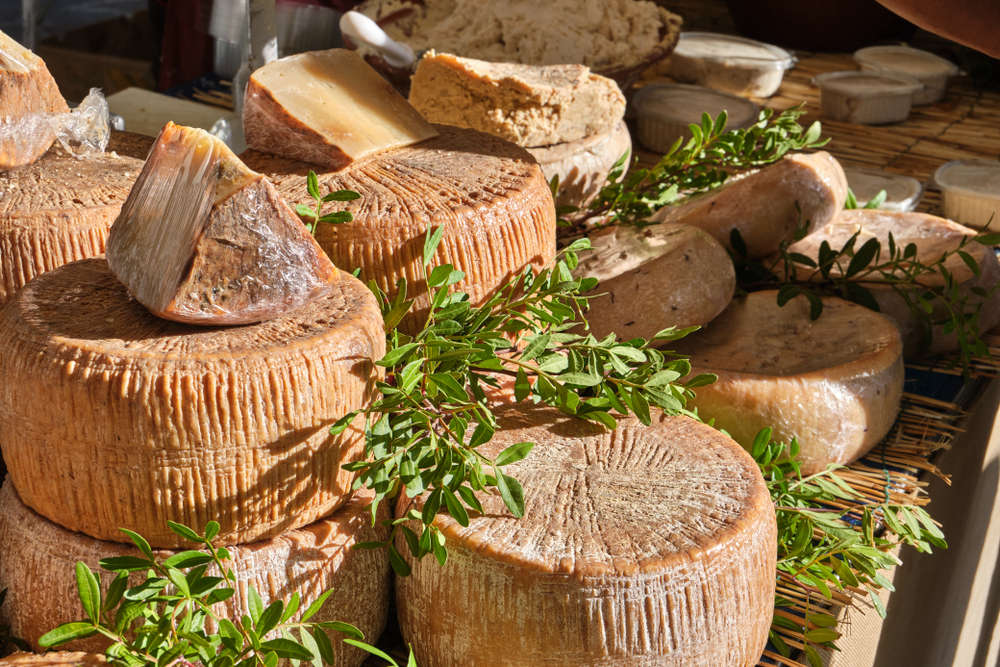
It's not about how many chocolate eggs you eat this Easter, but when you eat them that matters, according to advice from a leading dentist.
With 80 million Easter eggs bought in the UK alone, its important to know how you can enjoy your favourite treats while doing the least damage to your teeth.
Dr Catherine Tannahill, director of dentistry at Portman Dental Care, is suggesting four simple tips to reduce the impact of all that sugar:
She said:
“Easter Eggs are a delicious treat that will be bought for children and adults this Easter in the millions; there will definitely be some eaten in my house this Easter.
“As dentists, we’re not here to stop anyone enjoying sweet treats and chocolate altogether but, with some minor changes in snacking and the times they’re eaten, everyone can enjoy Easter Egg hunts and the prizes they find, with significantly less impact on their teeth.
“Like anything, there’s always a delicate balancing act between what we consume and when we consume it, and this applies to all foods.
“Every time we eat foods our mouths are subjected to an acid attack as sugar is converted to acid by plaque bacteria, and the higher the levels of sugar in the food, the more the impact from the attack – a traditional Easter Egg (236 grams) has 132g of sugar compared to 35g in a 330ml can of Coca Cola.
“The ‘attacks’ last about 20-30 minutes after we’ve eaten and most people who brush twice a day with a fluoride toothpaste can cope with up to five of these a day; but often Easter treats can lead to more than double the number of daily dental acid attacks as families consume treats throughout the four-day weekend.
“This is when teeth can suffer damage, as each acid attack potentially causes decay in our teet
“Our teeth can recover in between the attacks, but if they are too frequent, there is no chance to recover, and the balance tips towards creating cavities. Minimising the frequency of sugary treats and hence the frequency of these acid attacks can reduce the risk.
“For children their adult teeth need to last for potentially 60-70 years, so the more protection and care they give them, the longer they will last and the fewer long-term problems they will suffer from; reducing the need for complex dental care.
“We don’t want to stop people enjoying treats and chocolate eggs this Easter, particularly given the experiences people have endured during the few years.
“The advice we’re providing this Easter is simply to help educate people on what happens when they eat sugary food, so they can take care of their teeth.”
The four key pieces of advice that really help reduce the impact on our teeth are:
• Consider an alternative to a chocolate egg as a treat – a cuddly bunny, a toy or an egg-shaped puzzle
• Brush last thing at night and on one other occasion with a fluoride toothpaste
• Eat Easter treats as part of a meal – frequent snacking on sugary treats can be damaging
• Don’t eat sugary food for at least an hour before bedtime
“Many people are unaware that if we eat food less than an hour before we go to bed, even brushing our teeth won’t reduce the acid attack on our teeth,” added Catherine.
“This is because part of the natural fight against these attacks is our own saliva, as this helps to restore the natural PH levels in our mouths.
“But, when we sleep the amount of saliva flow in our mouths slows down significantly, meaning longer acid attacks and potentially greater decay to our teeth.
“We know many people have had to wait a long time between regular visits to the dentist, indeed many are still waiting for a check-up, which is why we should all be taking extra care of our teeth.
“This doesn’t mean we miss out on some Easter fun and enjoy chocolate; it just needs to be done in a way that ensures the long-term health of our teeth is protected.”
For more advice, Portman Dental Care has further content dedicated to children’s dental health advice.

 Five Fantasy Worlds We’d Love To Explore In Real Life
Five Fantasy Worlds We’d Love To Explore In Real Life
 Five Amazing Global Meals To Cure The January Blues
Five Amazing Global Meals To Cure The January Blues
 Five Incredible Spas Around the World
Five Incredible Spas Around the World
 Five Fab Wellbeing UK Destinations Ideal in January
Five Fab Wellbeing UK Destinations Ideal in January
 Five Weird Wellbeing Foods Around The World
Five Weird Wellbeing Foods Around The World